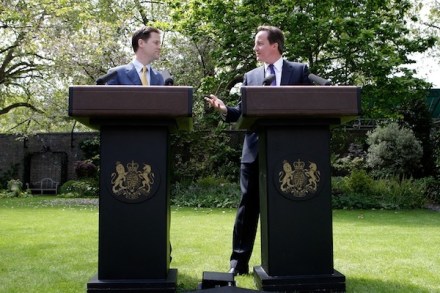QE — the ultimate subsidy for the rich
It’s official: Quantitative Easing has marked the biggest transfer of wealth to the rich of any government policy in recent documented history. The Bank of England released an analysis today, which was rejected as being an underestimate by the former government pensions adviser Ros Altman. But it was shocking enough, and the strongest point was made by the brilliant Ed Conway, economics editor of Sky News, who put it into a graph who would benefit from a QE-inspired boom in asset prices described by the Bank of England today. “10th” means the richest tenth of the population, and so on. This is our new graph system: hover your mouse over each





















